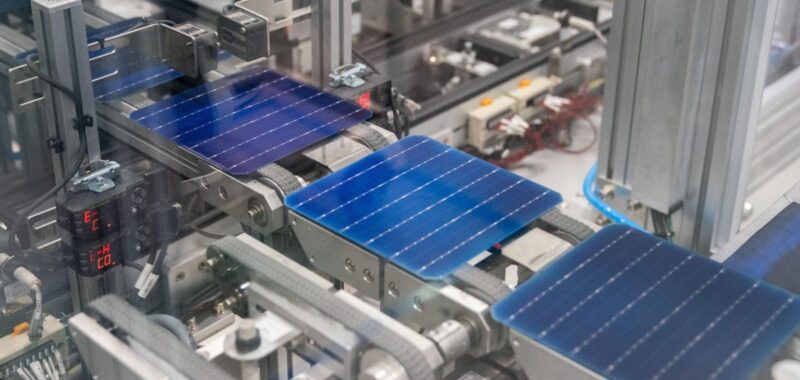
If you think a 25% tariff is bad, what about a tariff that goes past 3,500%?
On Monday, the U.S. Department of Commerce slapped high tariffs on solar panels and their related products coming from four Southeast Asia countries, Malaysia, Vietnam, Thailand, and Cambodia, accusing manufacturers there of dumping products on the U.S. market. The announcement ends a yearlong trade probe initiated under the Biden administration.
Tariff levels varied wildly between different countries and manufacturers. Solar cells made in Malaysia by Korean company Hanwha only got a tariff of 14.64%, the lowest imposed.
In contrast, four manufacturers in Cambodia—Hounen Solar, Jinktek Photovoltaic, ISC Cambodia and Solar Long PV Tech—got tariffs of 3521.14%. The Southeast Asian country stopped cooperating with the U.S. probe, leading to such high penalties.
The U.S. International Trade Commission will make a final determination on tariff rates on June 2.
U.S. solar manufacturers, as well as foreign companies that invested in U.S. based manufacturing, lobbied for anti-dumping tariffs on Southeast Asian manufacturers, accusing them of pricing their products below production cost. The American Alliance for Solar Manufacturing Trade Committee also argued that Southeast Asian companies received an unfair level of subsidies, making the U.S.-made solar panels uncompetitive.
Chinese-owned solar manufacturing facilities have popped up across Southeast Asia as companies sought to navigate U.S.-China trade frictions.
While Cambodia is still primarily an agrarian economy, solar panels were the Southeast Asian country’s top export to the U.S. last year, according to data from the consultancy Oxford Economics.
In total, the U.S. imported $12.9 billion worth of solar equipment from the four countries targeted by Monday’s tariffs, representing about 77% of module imports according to Bloomberg data.
In a statement on Monday, the Alliance called the Commerce Department’s final tariff recommendation a “decisive victory” for American manufacturing.
“Enforcing our trade laws isn’t just a legal matter—it’s essential to rebuilding our industrial base, securing our energy independence and protecting American jobs,” Tim Brightbill, co-chair of Wiley’s International Trade Practice and lead counsel to the group, said in a statement.
This story was originally featured on Fortune.com

